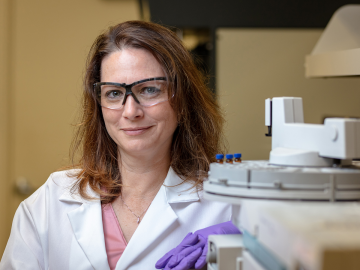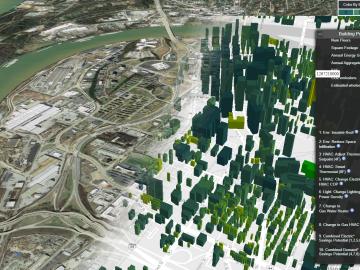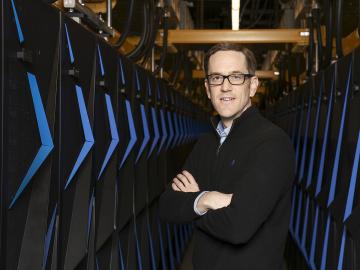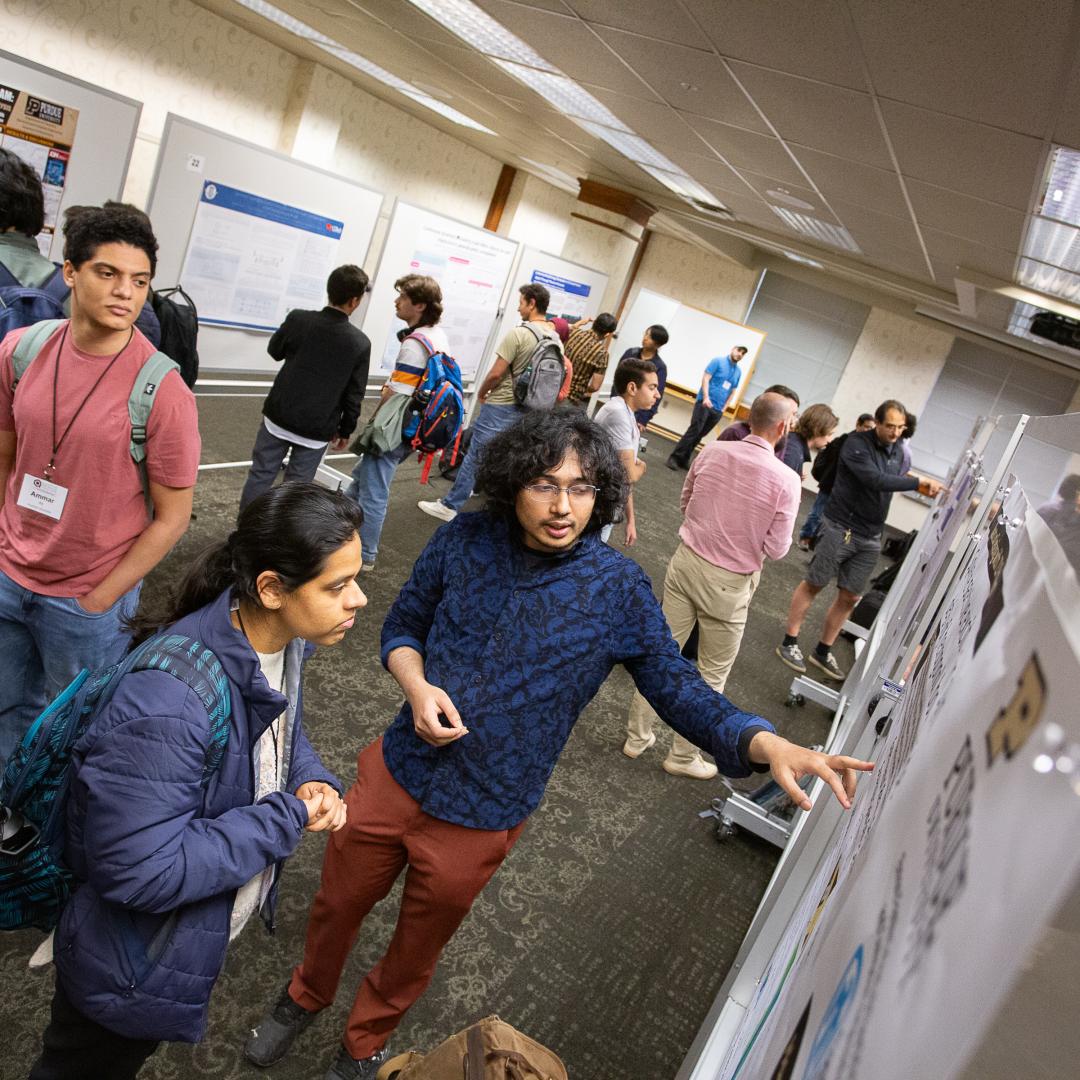Filter News
Area of Research
News Topics
- (-) Exascale Computing (2)
- (-) High-Performance Computing (3)
- 3-D Printing/Advanced Manufacturing (51)
- Advanced Reactors (3)
- Artificial Intelligence (5)
- Big Data (2)
- Bioenergy (16)
- Biology (7)
- Biomedical (4)
- Biotechnology (3)
- Buildings (21)
- Chemical Sciences (11)
- Clean Water (5)
- Climate Change (12)
- Composites (14)
- Computer Science (18)
- Coronavirus (6)
- Critical Materials (8)
- Cybersecurity (3)
- Decarbonization (14)
- Energy Storage (47)
- Environment (28)
- Fossil Energy (1)
- Frontier (1)
- Fusion (1)
- Grid (24)
- Hydropower (2)
- Isotopes (1)
- Machine Learning (6)
- Materials (29)
- Materials Science (20)
- Mathematics (1)
- Mercury (2)
- Microscopy (6)
- Molten Salt (1)
- Nanotechnology (6)
- National Security (4)
- Net Zero (2)
- Neutron Science (7)
- Nuclear Energy (5)
- Partnerships (8)
- Physics (1)
- Polymers (10)
- Quantum Science (1)
- Renewable Energy (1)
- Security (3)
- Simulation (2)
- Space Exploration (2)
- Statistics (1)
- Summit (2)
- Sustainable Energy (51)
- Transformational Challenge Reactor (3)
- Transportation (43)
Media Contacts

Laboratory Director Thomas Zacharia presented five Director’s Awards during Saturday night's annual Awards Night event hosted by UT-Battelle, which manages ORNL for the Department of Energy.

A new tool that simulates the energy profile of every building in America will give homeowners, utilities and companies a quick way to determine energy use and cost-effective retrofits that can reduce energy and carbon emissions.

A new tool from Oak Ridge National Laboratory can help planners, emergency responders and scientists visualize how flood waters will spread for any scenario and terrain.

The annual Director's Awards recognized four individuals and teams including awards for leadership in quantum simulation development and application on high-performance computing platforms, and revolutionary advancements in the area of microbial
A team of scientists led by Oak Ridge National Laboratory found that while all regions of the country can expect an earlier start to the growing season as temperatures rise, the trend is likely to become more variable year-over-year in hotter regions.




